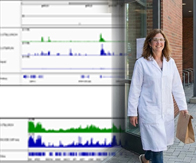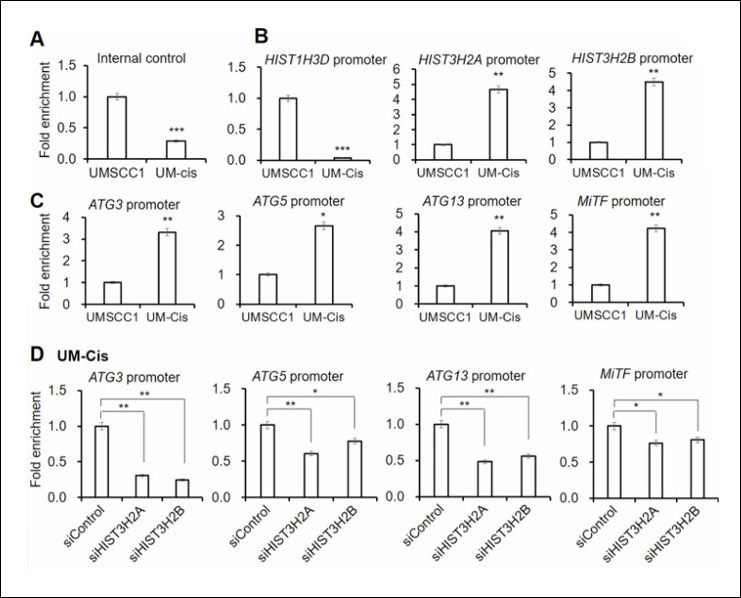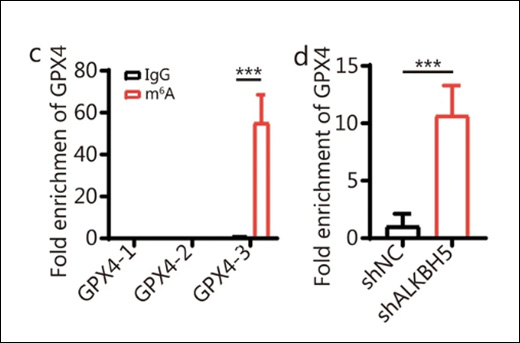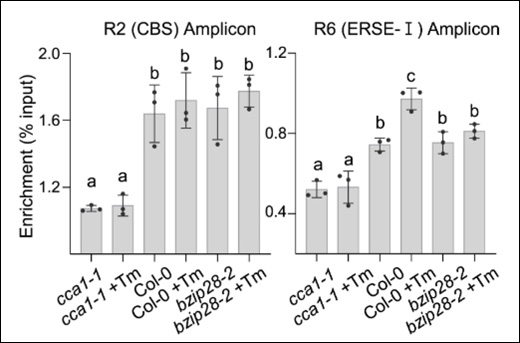
Schizophrenia is a complex psychiatric disorder characterized by hallucinations, delusions, and cognitive impairments. While antipsychotic medications are the primary treatment, individual responses can vary significantly. Recent research suggests that epigenetic mechanisms may play a crucial role in understanding treatment response.
Epigenetic modifications, including DNA methylation and RNA methylation, are essential for regulating gene expression and maintaining genomic stability. DNA methylation involves the addition of a methyl group to the 5’ position of cytosine, which can influence gene silencing and expression. RNA methylation, on the other hand, adds methyl groups to RNA molecules, affecting their stability and translation efficiency.
Studies have revealed that both DNA and RNA methylation patterns are altered in individuals with schizophrenia. These epigenetic signatures may be influenced by genetic factors, environmental exposures, and the effects of antipsychotic medication. In a recent study published in the journal Neuropsychiatric Disease and Treatment, researchers examined DNA methylation, hydroxymethylation, and formylation, as well as m6A RNA methylation, in patients with schizophrenia to understand their relationship with responses to treatment with atypical antipsychotics.
The researchers used EpigenTek’s specialized kits to analyze global DNA and RNA methylation patterns in peripheral blood samples from patients with schizophrenia. By measuring levels of 5-methylcytosine (5mC), 5-hydroxymethylcytosine (5hmC), 5-formylcytosine (5fC), and N6-methyladenosine (m6A), they compared these epigenetic markers between patients who were responsive and non-responsive to atypical antipsychotic treatment.
Study Findings
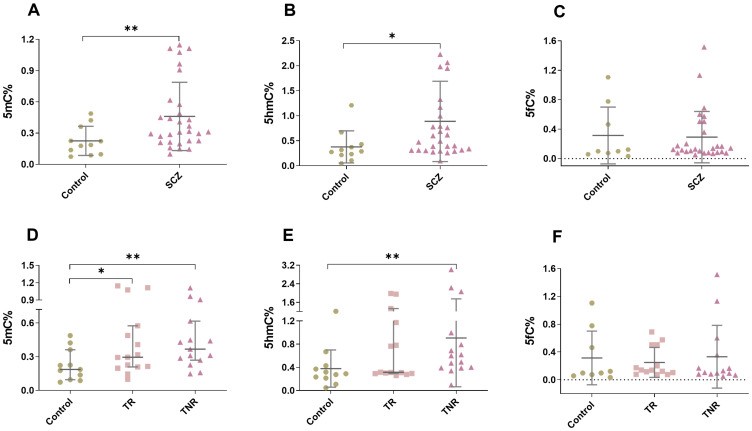
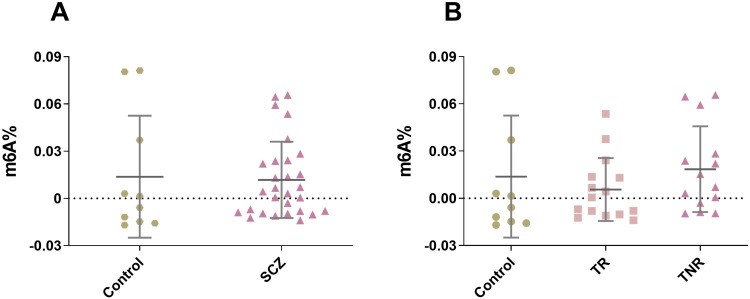
The results revealed that 5mC and 5hmC levels were significantly higher in patients compared to healthy controls, with particularly elevated levels observed in non-responders. However, 5fC and m6A levels did not show significant differences, indicating that increased methylation patterns of 5mC and 5hmC might be associated with clinical outcomes of schizophrenia treatment.
These findings suggest that specific epigenetic modifications, particularly 5mC and 5hmC, could serve as potential biomarkers for predicting treatment response in schizophrenia. The significant elevation of these markers in non-responders highlights their potential role in the pathophysiology of the disorder and the variability in patient responses to antipsychotic medications. This insight into the epigenetic landscape of schizophrenia underscores the importance of further research to explore how these modifications could guide personalized treatment strategies.
Future studies could benefit from focusing on these epigenetic markers to refine therapeutic approaches and improve patient outcomes. By integrating epigenetic profiling with clinical data, researchers and clinicians may develop more effective, individualized treatment plans that address the unique biological underpinnings of each patient's condition. Such advancements could lead to more targeted interventions and enhance the overall management of schizophrenia.
Source: Angelin M. et. al. (July 2024). Global DNA and RNA Methylation Signature in Response to Antipsychotic Treatment in First-Episode Schizophrenia Patients. Neuropsychiatr Dis Treat. 20:1435-1444.




 Cart (0)
Cart (0)






